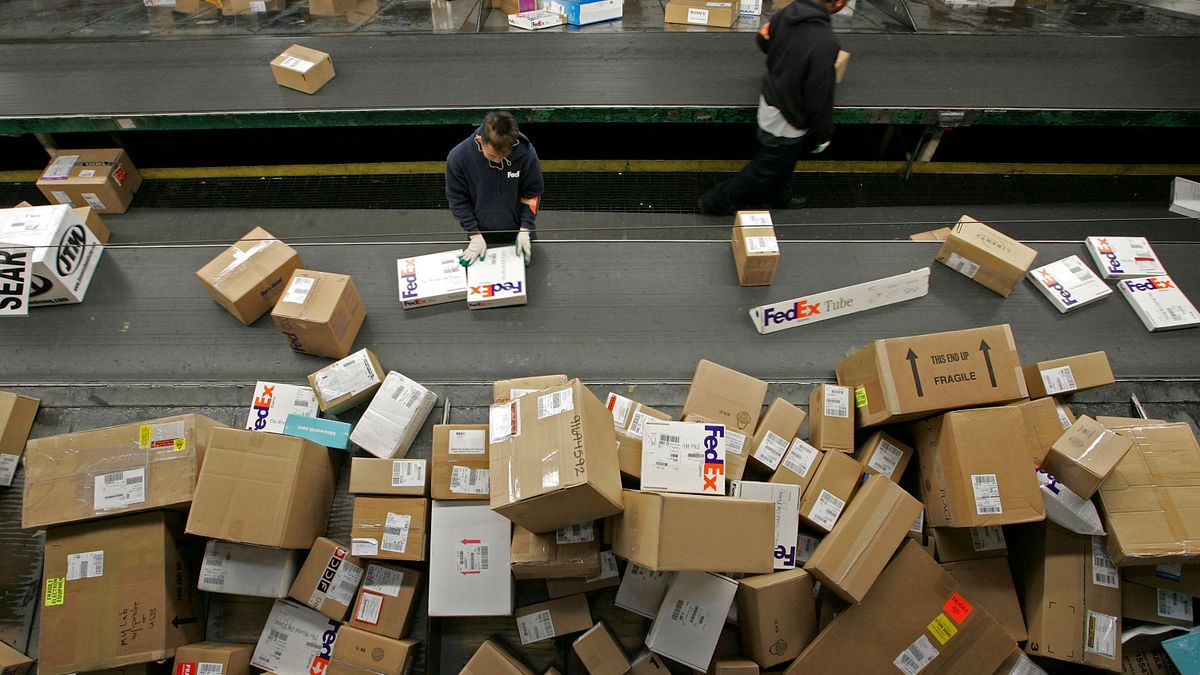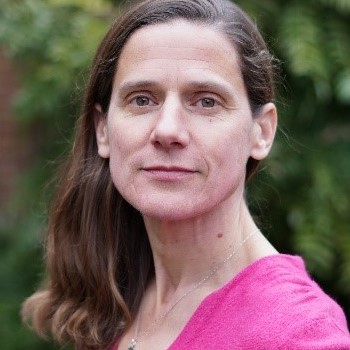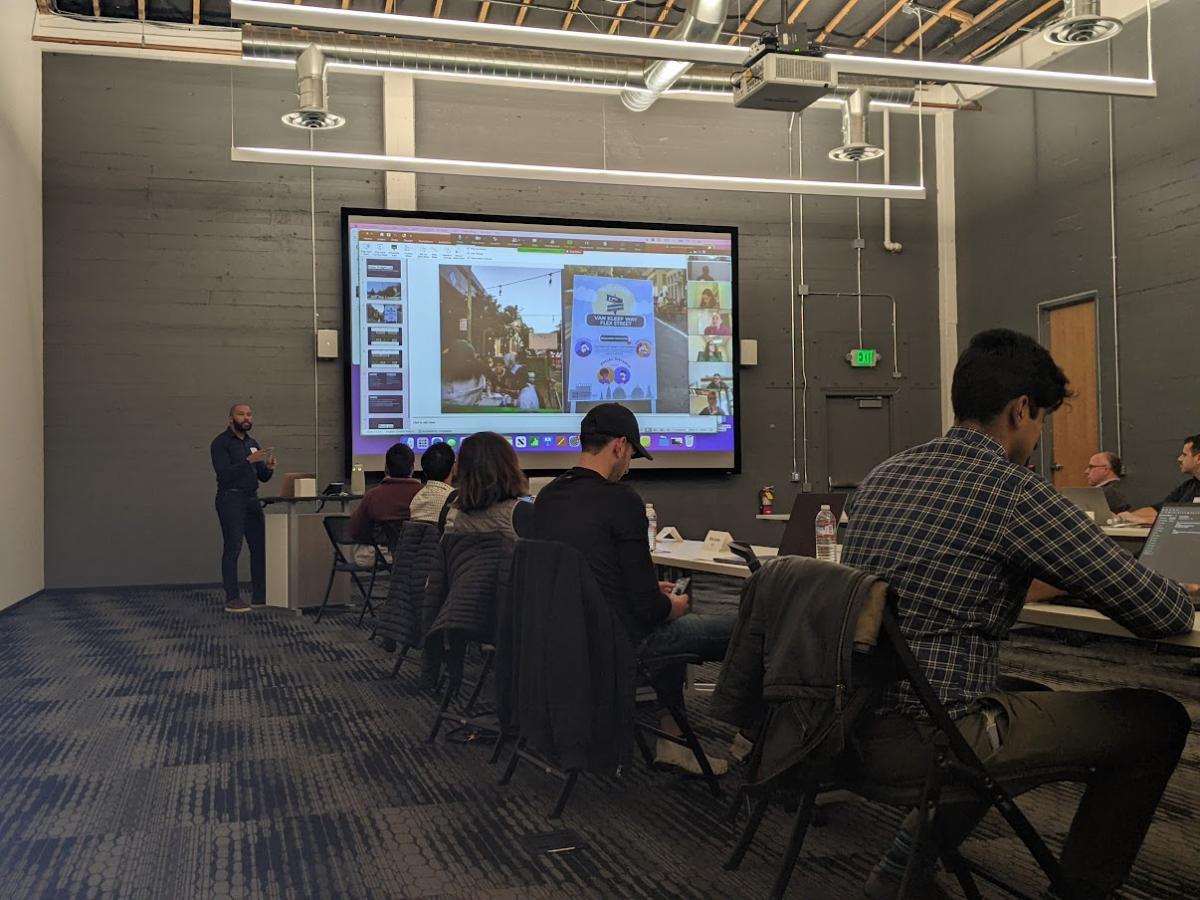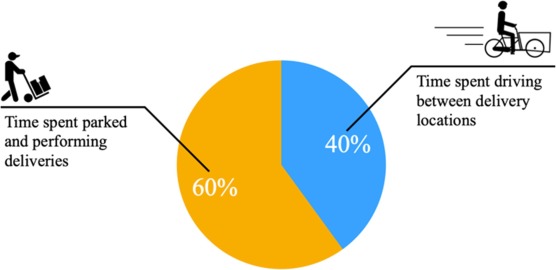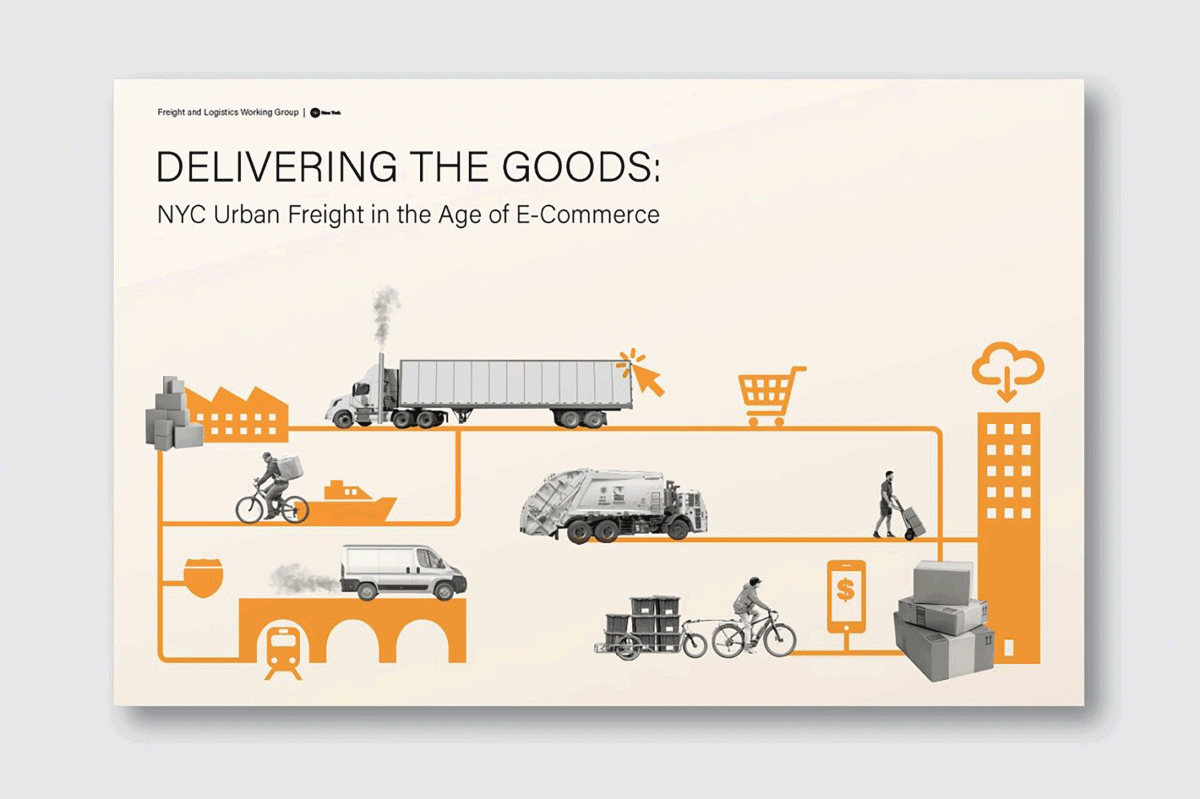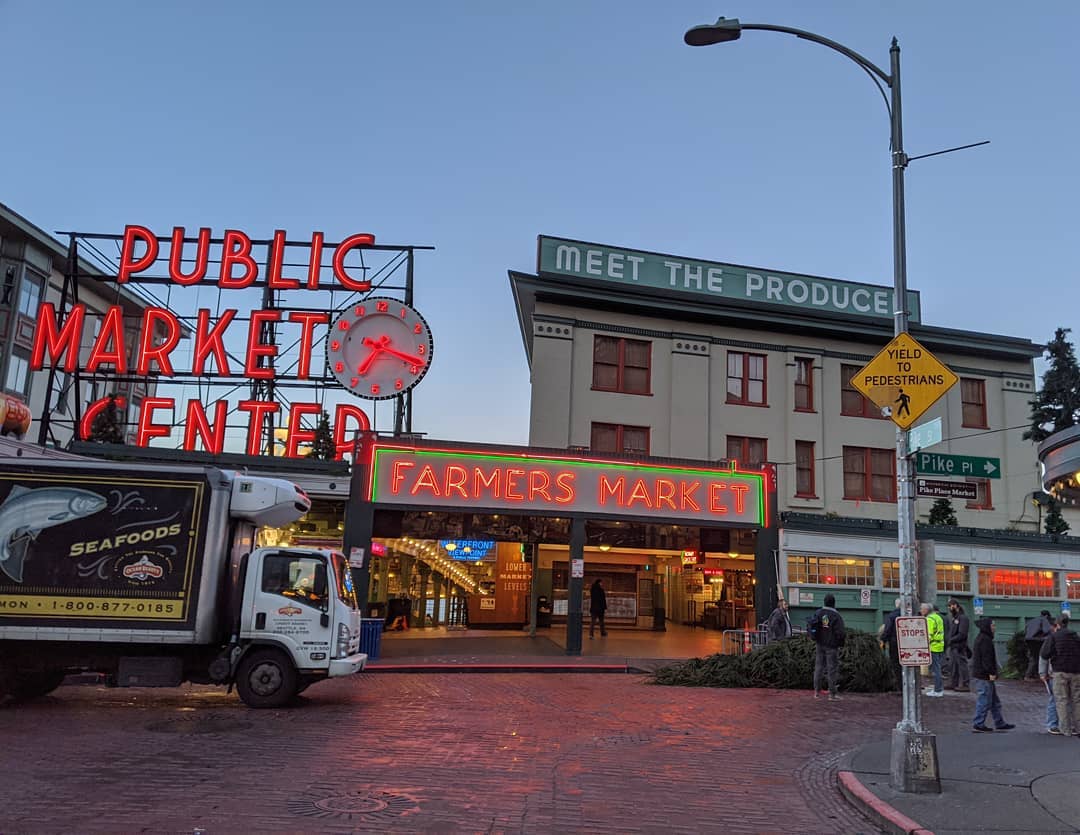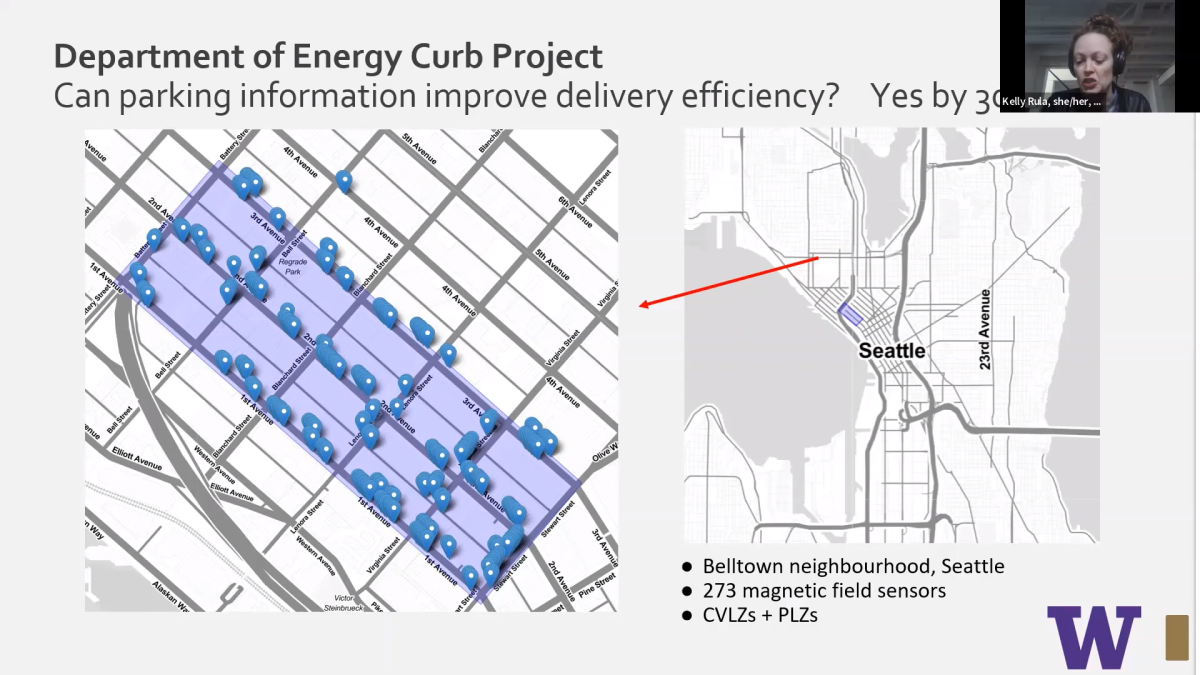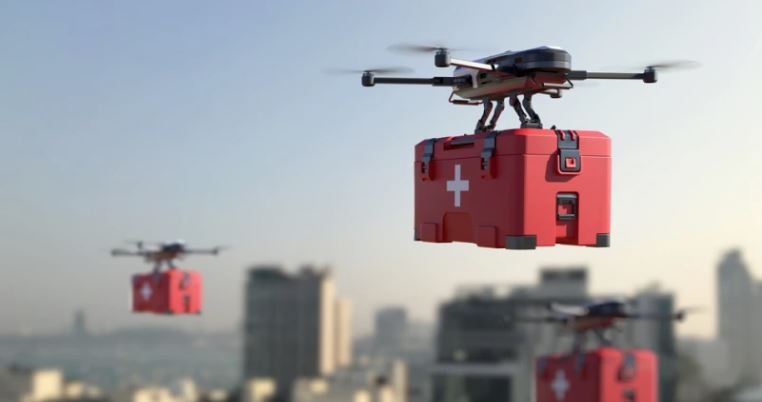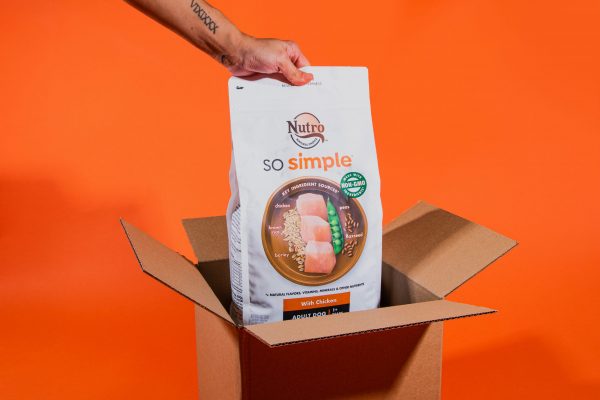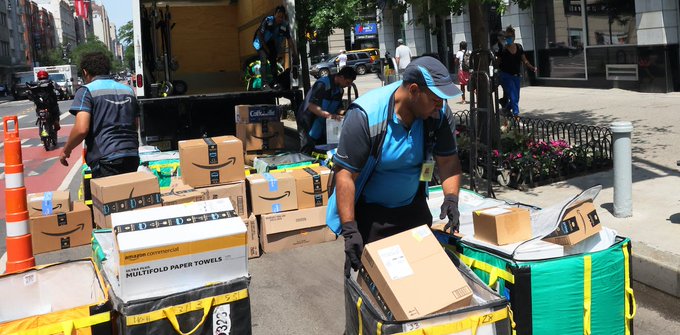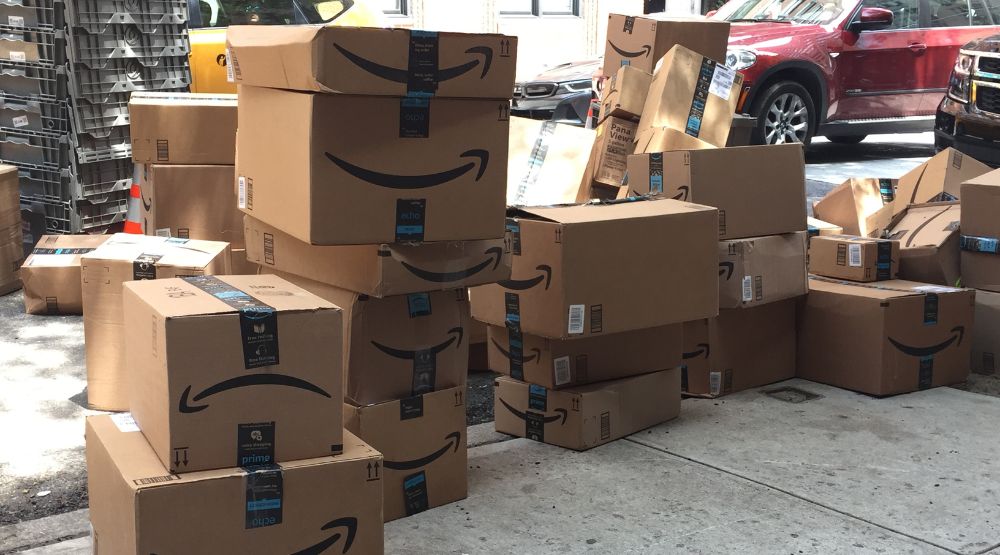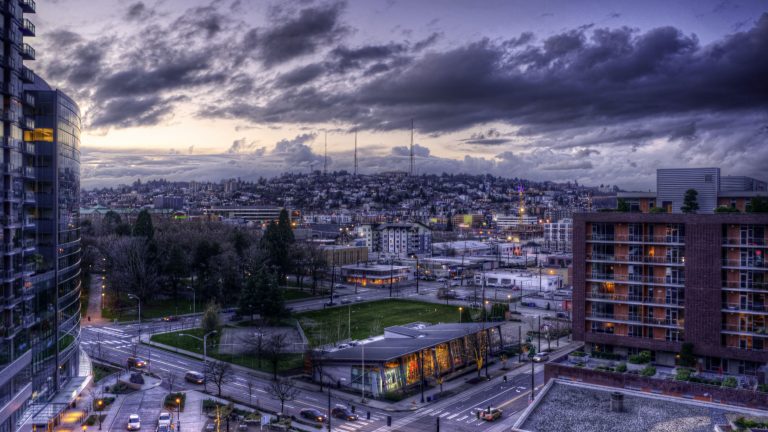In the Media
“It’s the best possible time for companies to regroup and improve the efficiencies of their operations,” said Amelia Regan, who now directs the University of Washington Supply Chain Transportation & Logistics graduate degree program.
As supply chain complexity increases and business disruptions grow more pronounced, supply chain education programs at the undergraduate and graduate level are responding to bolster the skill sets of upcoming and current supply chain practitioners.
Fun fact: Rain or shine, morning or evening, faculty member Anne Goodchild frequently runs the trails of Puget Sound.
For the unfamiliar, the Urban Freight Lab (UFL) is a Seattle-based working group dedicated to developing novel strategies and solutions for the challenges of goods movement in cities. As both thought leaders and project doers, UFL is on the front lines of issues like last-mile delivery and how it plays a tremendous role in creating a public right-of-way that’s safe (or not), efficient (or not), and equitable (or not).
In a new study, researchers from the Urban Freight Lab analyzed a cargo cycle pilot test in Seattle and collected detailed data on the types of infrastructure used for driving and parking. GPS data were augmented by installing a video camera on the cargo cycle and recording the types of infrastructure used (distinguishing between the travel lane, bicycle lane, and sidewalk), the time spent on each type, and the activity performed.
By AIANY Transportation and Infrastructure Committee, AIANY Planning and Urban Design, and AIANY Committee on the Environment
Anne Goodchild, a University of Washington professor who studies the climate emissions of transportation, offers some guidance for planet-conscious shopping.
“The UW Urban Freight Lab is thrilled to be a partner in this important grant proposal. We look forward to working closely with SDOT, the Open Mobility Foundation, the freight community, and local businesses to help advance real-world research and optimize freight mobility in Seattle.” – Kelly Rula, Director, Policy and Partnerships, UW Urban Freight Lab
Commute Seattle’s third annual Transportation Management Program Seminar covered leveraging transportation improvements and expectations for upcoming transportation impacts in Seattle.
The development of new forms of package delivery is naturally part of the conversation around autonomous trucking and even curb management and the kinds of solutions needed for “the final 50 feet of delivery,” as Kelly Rula, director of policy and partnerships at the Urban Freight Lab described it.
“E-commerce occupies much more space in warehouses than store-based shopping” because online retailers carry more items, Anne Goodchild, who runs the Supply Chain Transportation and Logistics Center at the University of Washington, said.
E-commerce is great, until delivery trucks clog city streets, blocking traffic and polluting the air. Anne Goodchild and Rishi Verma describe the scale of the urban freight challenge and some solutions for the last mile.
Michael Bartz speaks with Dr. Anne Goodchild all about making urban freight more sustainable. Dr. Goodchild describes the journey your package takes from ordering to arriving, and what items are typically moving around a city.
How can last-mile delivery be more efficient and sustainable? Urban Freight Lab partner Diniece Mendes (NYCDOT)) said New York City needs innovative thinking and a unique multi-pronged approach. UFL’s Final 50 Feet work is mentioned.
By Urban@UW
Urban@UW is excited to announce awardees for the third round of funding through our Spark Grants program. The three projects selected address critical urban challenges, with a focus on transdisciplinary scholarship and engagement with vulnerable populations.
Analysis of a Food Bank Home Delivery Program
